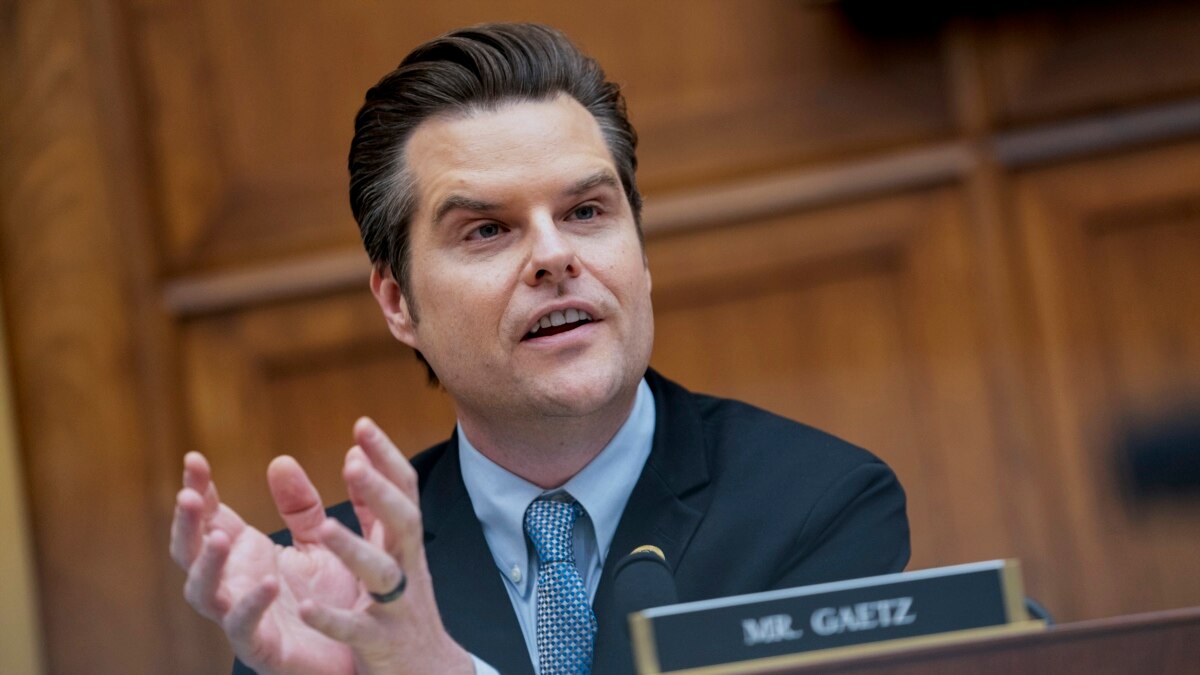By Eden Tafesework
The world is currently passing through a period where multilateral engagements (with states of the world but also global institutions) is being challenged. This can clearly be observed in regional and sub-regional institutions with operations in different areas. In this sense, the Western interpretation of multilateralism (G. John Ikenberry) is that liberal internationalism is “captured” in a cluster of five conditions; openness in terms of trade and exchange; commitment to a rules-based set of relations; some form of security co-operation; the idea that power politics can be ‘tamed’ by building stable relations in pursuit of mutual gains; and finally, that liberal internationalism will foster the spread of liberal democracy’’.
The global system now faces major challenges in political, economic and, social spheres. The underlying factors contributing for this may be multiple such as major power revelries like the Russia and Ukraine altercation, national conflicts that have long ranging consequences like the Ethiopian civil war, and also the socio-economic consequences of COVID 19 pandemic, can pass as major contributors. In this respect, this period may have put the global institutions established with the view to easing such tensions, like the UN & EU, to question in light of the ineffective implementation of setout objectives. Because the decisions made by these institutions over time have been influenced by political interests, they could be pressured to prioritize specific interests.
The same worry goes when looking at sub-regional institutions like the Intergovernmental Authority on Development (IGAD) and Eastern African Community, Common Market for Eastern and Southern Africa (COMESA). This is to be seen especially when considering the responding to ongoing tensions and conflicts that may have wider implications. Even though, such institutions are instrumental in flag-shipping issues of concern before concerned global parties, the politicization of their efforts has made their roles to be obsolete. Additionally, the minimum political will vested to them, especially relevant to sub-regional organizations – can threaten the institution from passing concrete decisions.
This is notwithstanding the appreciable role played by such global institutions in several spheres of specialization. Whether in facilitating the economic recovery of states, in reliving the debt burden of country’s with debt burdens, or facilitating lending possibilities to those states with foreign currency shortages, the global structures erected have had positive outcomes for the most part. Nonetheless, as their very establishment is propounded by big powers with strong economic backup, they have played mixed roles besides their objectives.
For the countries passing through periods of political instability (Sudan, Ethiopia, Niger, Gabon, Guinea, Bissau), rather than being used as instruments of stability and order, they have for the most part been used instruments of support to one side over the other. This has been most pronounced in the conflict between Russia and Ukraine. Because developing countries in the global South are recipients of aid, they are not willing to forsake their long-term needs, in terms of commodities, trade ties, economic support packages.
For Ethiopia, the three year conflict with the Tigrayan Liberation Front (TPLF), also passed through several phases in which Western influence through multilateral institutions the country ascribes to were most prevalent. In this respect, the pressures threatened, were somehow successful when considering the Cessation of Hostilities Agreement (CoHA) or Pretoria Agreement, signed on November 2, 2022 where both sides agreed to silence-the-guns with the view to solving their disputes through political means.
Since then, the country is in the process of its post-conflict recovery, in which attention is being devoted to its economic recovery, disarmament, reintegration, demobilization. In this regard, even though the process needs to be seen through slowly and with due caution, the utmost need of its economic recovery must be prioritized due to the country’s default on its missed debt coupon payment that nears $33m on its Eurobond.
However, as of January 1, 2024, the country was able to join a multilateral organization of emerging and developing economies, BRICS, following the multilateral platform’s decision in August 2023 summit in South Africa. This accession may instill an optimistic opportunity for the country to hasten its immediate economic recovery. Although the country’s effective accession took place. Right before the new year, the US-based rating agency Fitch marked the country down to “restricted default” after the country failed to pay a Eurobond redemption installment.
Currently Ethiopia is in the process of negotiating an aid package with the International Monetary Fund (IMF) to boost the country’s ailing economy. The decision of the BRICS (Brazil, Russia, India, China and, South Africa) – a group of major emerging economies to accept Ethiopia, in tandem with, Argentina, Egypt, Iran, Saudi Arabia, United Arab Emirates, as a new member came as a surprise for many. This was due to expectation by analysts that Africa’s largest economies, Nigeria and Algeria, the largest African country by area, would get the nod. Nonetheless, other factors must have played a more decisive role such as Ethiopia vital geopolitical point of view owing to its large population, its economy that has the potential to grow strongly in the future
Even though the specifics of the economic integration is yet to be seen, the expectation is, as pin pointed by Ethiopian Ministry of Foreign Affairs that “its membership recognizes the rich multi-lateral contribution of Ethiopia to promote international peace, security, and prosperity and the continued commitment and leadership of Ethiopia to South-South cooperation.”
You can reach the writer via edentafesework@gmail.com









